Cerca tra vari insegnanti di Inglese...

汉语语法之“了”
Descrizione
1. - is used at the end of a sentence to indicate a change and to express a definite tone of voice
2. - The particle "了" can also be used in the structure "要/快/就要/快要 +V/Adj+了" to indicate that the action is about to happen or that the situation is about to change.
3. - The negative adverbs "没有" and "了" cannot occur at the same time. For example, you can either say "我没吃早饭" or "我吃早饭了", not "我没吃早饭了". However, the verbs "没有" and "了" can appear at the same time, e.g.: "我没有钱了."
4.- Some adverbs that emphasise the late occurrence of an action cannot occur at the same time as "了", e.g. "刚、才、刚刚", etc.
5.-Adverbs that indicate that the action occurs frequently and "了" cannot occur at the same time, e.g. "经常、常常、每", etc.
Canale dei podcast
Eva Wang的channel ——汉语语法对比合集
Autore
Tutti gli episodi

Обо мне | About me

El Pluscuamperfecto
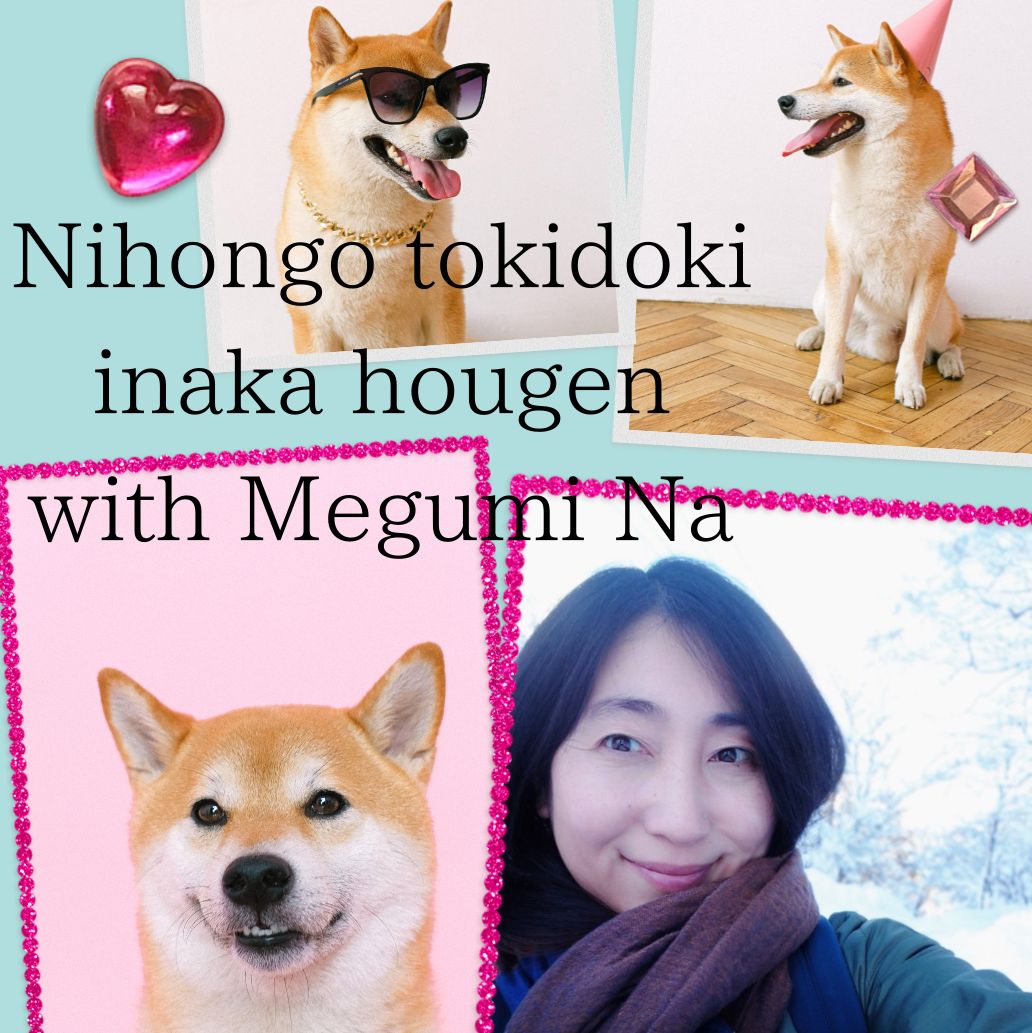
東北地方の方言の特徴って?これを押さえると上達するよ!
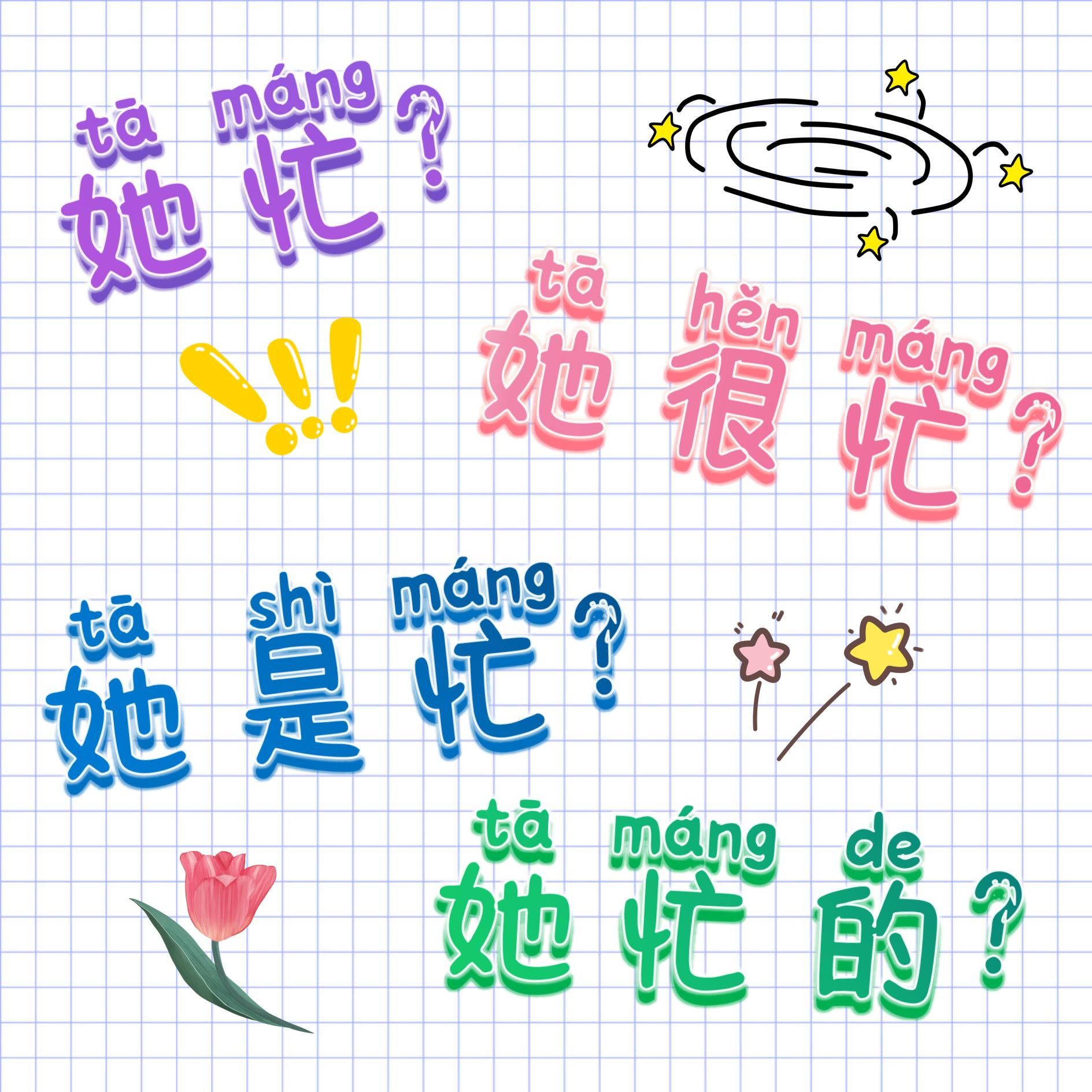
Sentence Structure:Adjectival Predicate
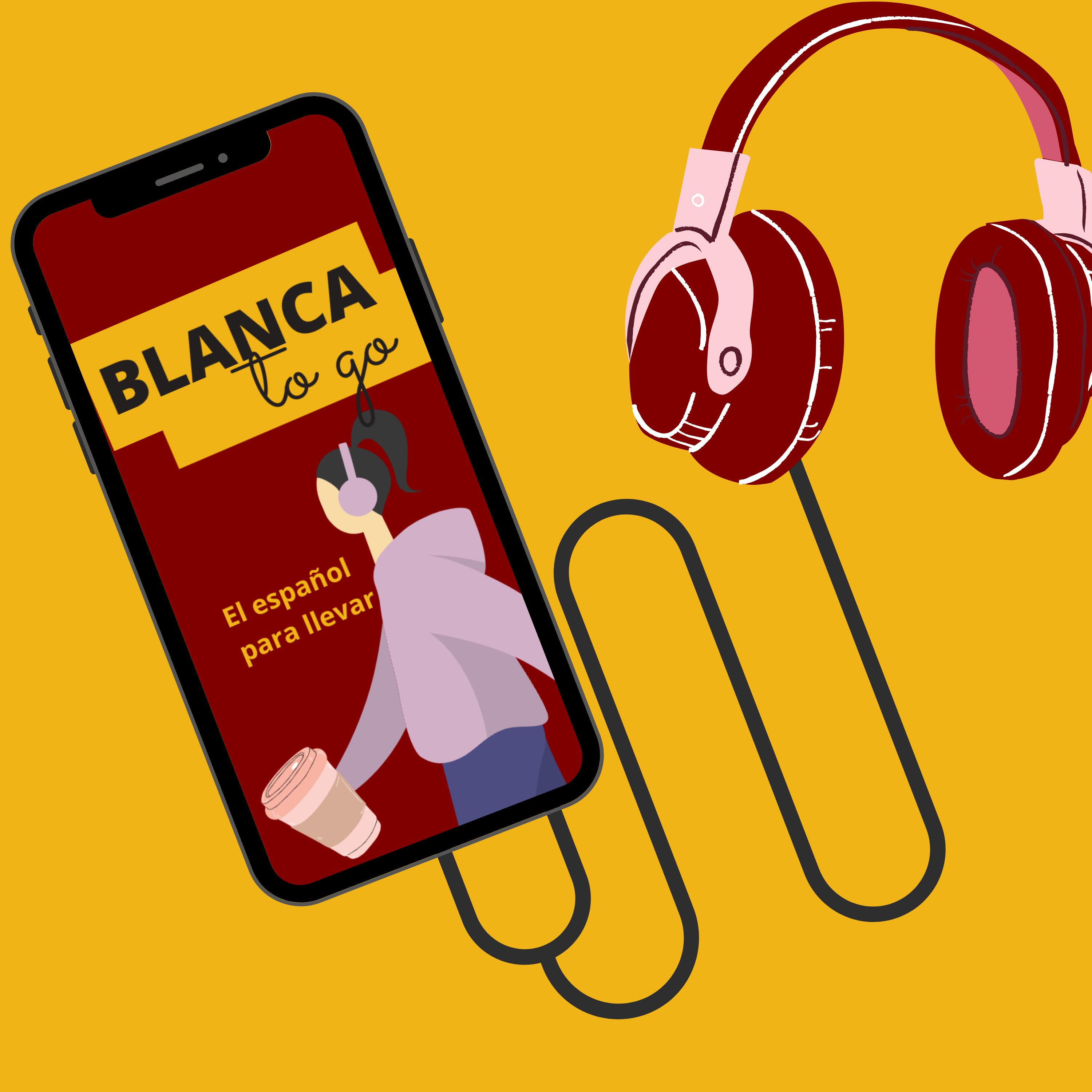
33 – La Semana Santa Sevillana
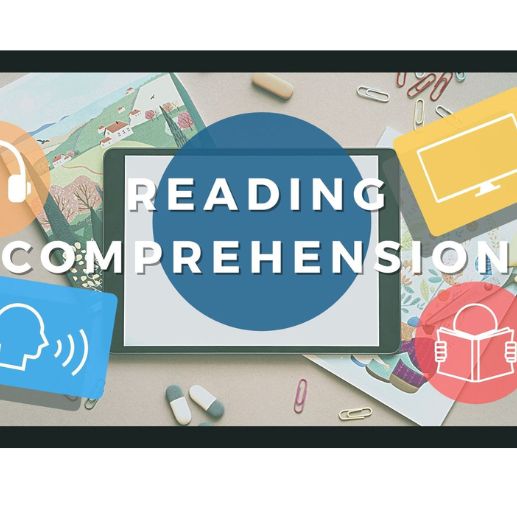
'Worth It': Olympics Superfan Spent $10,000 to Get to Paris

Why I am trusted by more than 1 million English learners globally?
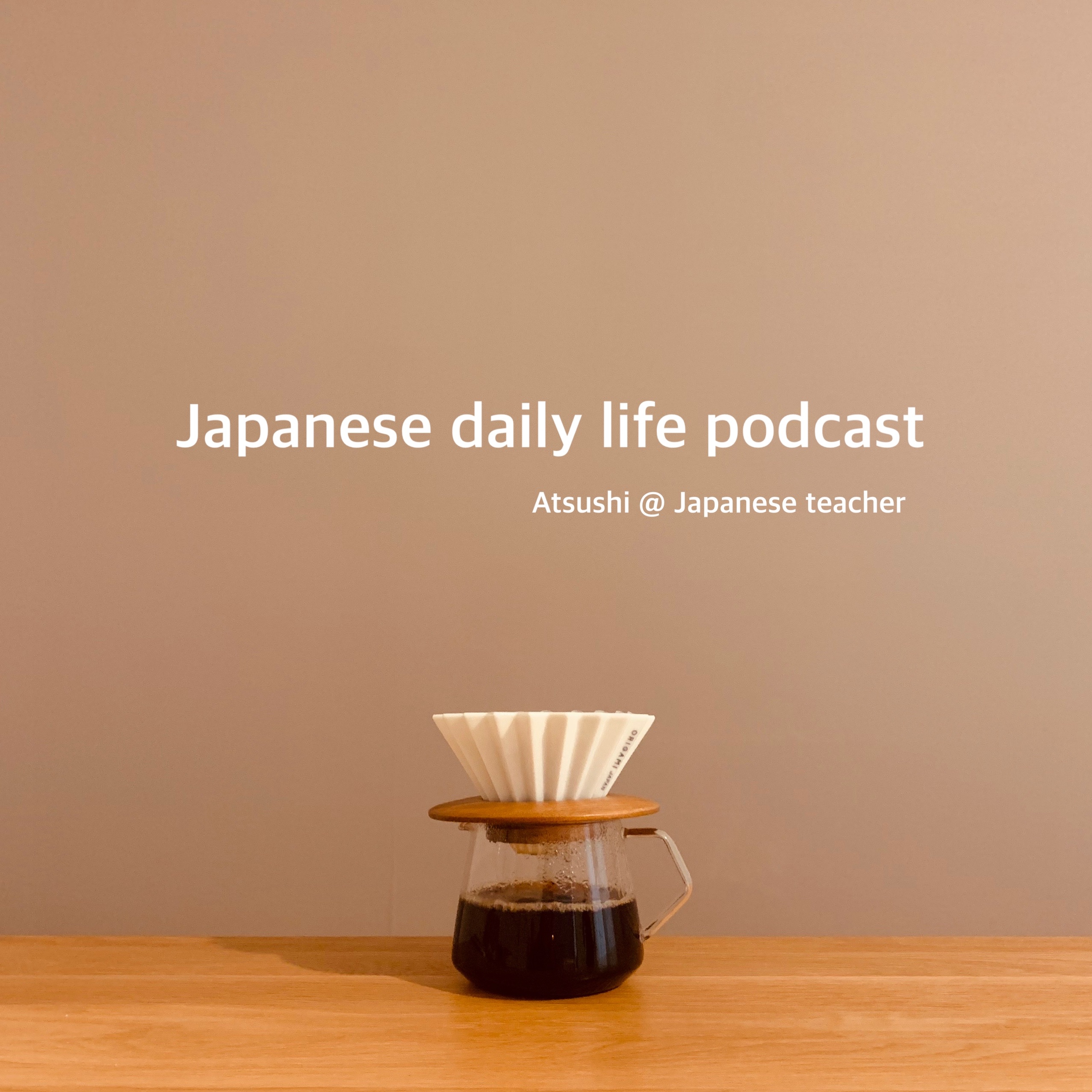
#263 N3 〜とか〜とか、について!
Episodi popolari

Русский с Натти | Russian with Nattie (from A1)
Обо мне | About me

Spanishteacherargentinaok
El Pluscuamperfecto

Nihongo tokidoki Inaka hougen with Megumi Na
東北地方の方言の特徴って?これを押さえると上達するよ!

JOJO CHINESE
Sentence Structure:Adjectival Predicate

Blanca to go
33 – La Semana Santa Sevillana

Practice Listening, Reading & Comprehension
'Worth It': Olympics Superfan Spent $10,000 to Get to Paris

The Habits of Women Growing Into Strong, Confident English Communicators
Why I am trusted by more than 1 million English learners globally?

Atsushi のJapanese podcast (travel/news /文法・漢字・語彙/Osaka/Hokkaido/🇹🇷🇬🇪🇦🇲🇪🇸🇵🇹)
#263 N3 〜とか〜とか、について!